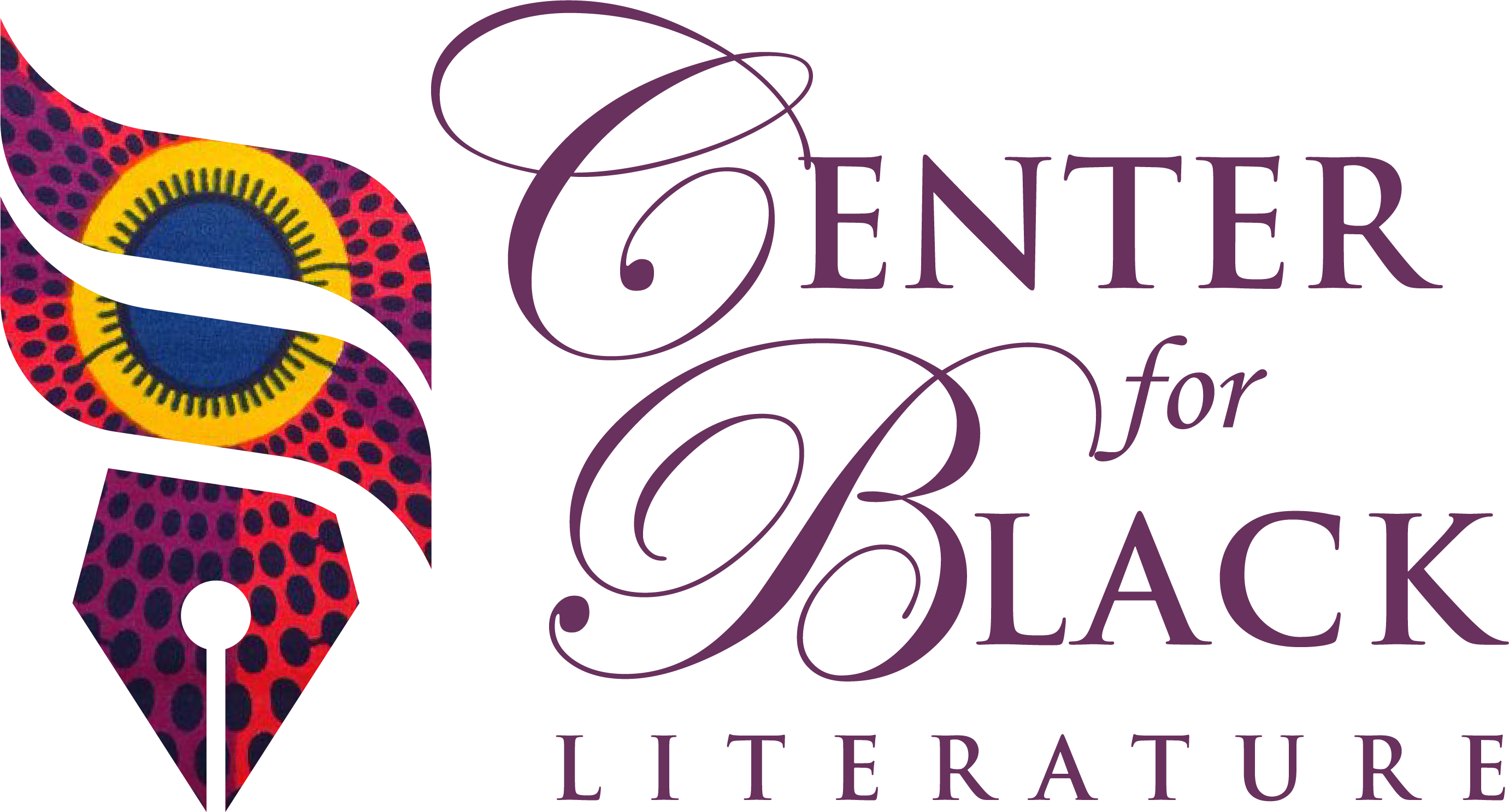By Tracey Squires.
My eyes are not my own,
My hands belong to my brothers and sisters,
Who must carry my pain-
And I theirs;
For we are one in the eyes of that which is called holy,
Every dark distant evil is a child of the collective to carry
– (poem by the author)
Bernadine Evaristo’s Girl, Woman, Other (2019) holds in centerstage a delineation of intergenerational trauma carried through the characters Shirley and Winsome, transported from margin to center is the voice of the racialized and gendered other. Their voices coalesce as mother and daughter to speak of the dark distant evil that one must bequeath and the other inherit. Evaristo’s work poignantly presents a narrative on compound identities, with those gendered “woman” at its very center. Girl, Woman, Other looks not just at the present, but also through the distant gaze of history, telling of the lack of her-story. We are initiated into not merely fiction, but a microcosm of our world; oppression is not painted over, and every character is a song sung simply for those who find themselves “woman.” However, one should make it a point to say that Girl, Woman, Other is not simply a story of the woman, but rather of the Black and British woman. Evaristo gives breath to a voice that is often forgotten and purposefully left out. She gives us an intergenerational conversation with Shirley and Winsome whose identities exist in stark contrast to what history has promulgated the “English” to be. Honing our focus on the character Shirley, the reader is made privy to an analysis of race and hierarchy. With uncapitalized letters and unending sentences, Evaristo disturbs a system of governance that has ruled tyrannically throughout the years. Evaristo unveils the effects of Carl Linnaeus’s notions of “race.”
Within the social construction of race, to be black is to find oneself at the very bottom of the hill, upon the very last rung of the ladder, engulfed within a chasm of one’s own darkness. Shirley, painfully aware of her ascribed places in this world, navigates her black identities as savior to it all. We are first given Shirley: daughter to immigrant parents, wife to Lennox, mother to two girls, and most importantly, school teacher. Evaristo writes Shirley’s narrative in such a way that her role as a teacher seems to take center stage. We know of these other facets of her identity, however, that everything else – except her place as a school teacher – seems to be an outlier of who she really is. It may be argued that the decision to portray Shirley in this way is quite intentional on Evaristo’s part. I say this because it is in this role where we see most poignantly how Shirley as a character sees and interprets her Blackness. Throughout the portion of the story granted to her, we get a sense of her immense desire to attain some level of accomplishment, something that would make her be seen and lift her from the social strata in which she found herself placed. Shirley aspires and thinks of herself as the “family success story.” However, for us to truly grasp the gravitas of her motive to become we must explore the Shirley who once was. Being born into Blackness places her upon the very last rung of the ladder and later incites a desire to climb higher. Evaristo begins this pursuit to higher altitudes first with Shirley’s college degree and continues in the walls of her classroom: the “classroom walls are decorated with flow charts and diagrams, anatomy drawings, planets orbiting the sun, posters of extinct mammals and a map of the world that makes Britain rival Africa in size, a testament to the colonial cartographers who got away with it for centuries, even now, it seems, as she approaches her very own classroom on the second floor, the obligatory line up of the kings and queens of England on its walls” And a bit further on, “the beautiful boy Pharaoh who lived thirteen hundred years before Christ…while between the loft windows looking out on the playing fields, Neil Armstrong walks on the moon with the caption: one small step for man, one giant leap for mankind/like her/ every step she takes will raise these children up, she will leave no child behind.” (Evaristo, 220)
Within the walls of her classroom, as Shirley fulfills her dream of being an educator, she is conscious of the careful placement of things and people in this world. Her posters are instructional material, but it can be argued that they are much more than that. I say this because Evaristo describes the classroom for Shirley almost as a reverential place where divine service is being administered. It is as though these students are Shirley’s congregation and she, their preacher. She sees what they do not yet, in the subtle seismic chartings of Britain and Africa, in the monarchy that must be placed on her walls. She sees it all and seeks to save her students through education from a hierarchal system that demands one to stay in their assigned place from birth. It is especially interesting, however, how Evaristo h the gaze of this very “safe” character. I say this to call attention to the way Jesus and this little Pharoah boy are cast together, although the distant times of their existence leave a chasm between them. With this, we are led to beg the question of whether Evaristo, through the gaze of Shirley, is disturbing a system of order that many, like her students, have been born into. It follows that Shirley, like the “Neil Armstrong” on her classroom wall, desires to make not a simple step for herself, Blackness.
Tracey Squires is a senior at Medgar Evers College; her major is English and Cross-Cultural Literature. When she is not immersed in a good book, you can find her exploring the wonders of the natural world.

